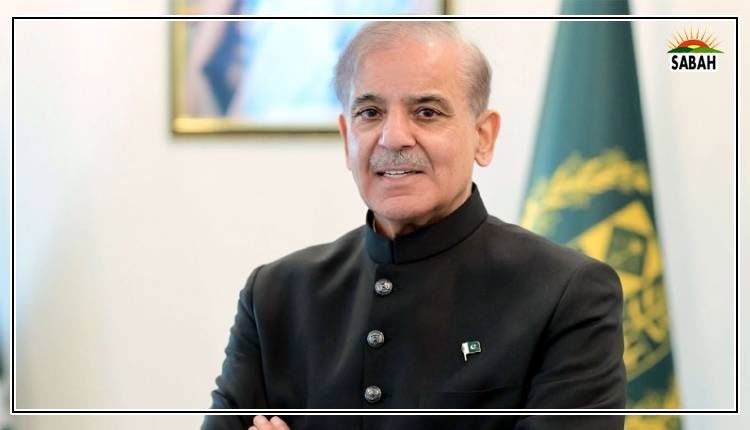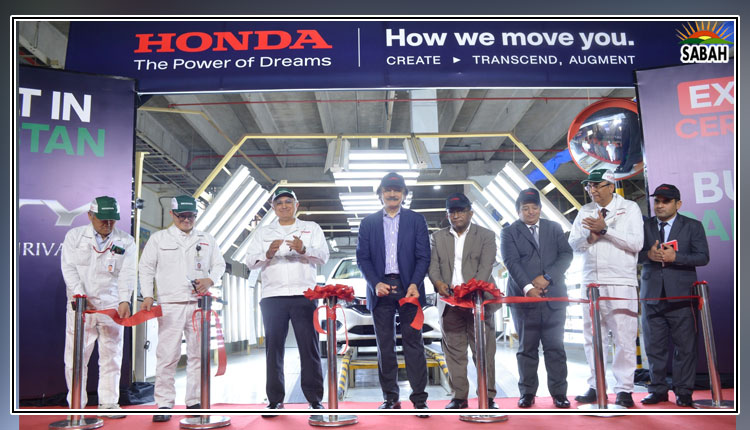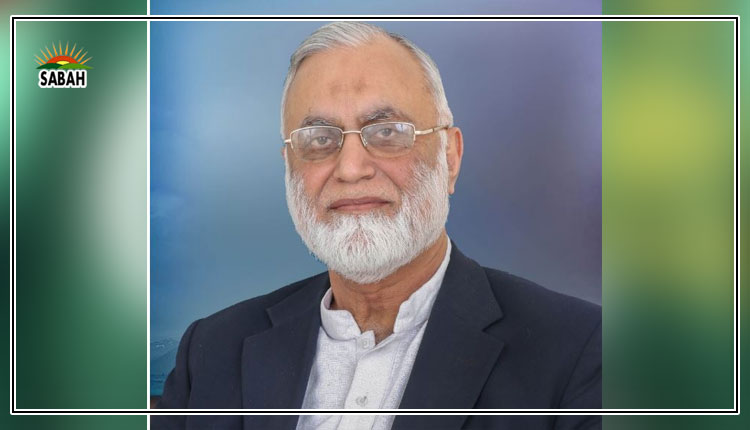Pakistan’s PSDP conundrum ۔۔۔۔ Shahid Mehmood
ECONOMIC headlines in Pakistan are centred on big macro numbers, which often miss important insights. One such instance focused on the amount of ‘development’ expenditure released in the first month of the present fiscal (FY23-24). While hardly consequential in terms of expense, there was one striking statistic: almost all of it was spent on ‘development’ schemes put forth by MNAs and MPAs.
In essence, this sliver of information was an apt demonstration of how Pakistan’s development expenditure (PSDP) has been hijacked by various interest groups. And it is not just the ‘group capture’ that plagues Pakistan’s development expenses, but also a host of other problems, ranging from the design and acceptance of a proposal to evaluation failure of the outcomes (cost-benefit analysis through PS-4 and PS-5). Confirmation of these issues comes from a piece of excellent research (Reforming the Federal Public Sector Development Programme, PIDE) by Dr Muhammad Ahmed Zubair, Dr Mahmood Khalid, Dr Ahsan ul Haq Satti and others, reflecting the waste being piled up in the name of development through the PSDP.
Without going into the details of this interesting and readable paper, here are a few statistics that aptly indicate the challenge at hand. For example, just to finance the various projects already in the portfolio, it would require an average allocation of Rs600 billion per year for the next 11 years, provided no new projects are approved (they already have been). The failure to complete PSDP works on time due to various reasons — one of them being an unhealthy dependency on foreign financing — the ‘throw-forward’ (the needed future expense to complete these projects) has crossed a whopping Rs8 trillion.
In its present shape, development expenditure provides substantial ‘free riding’ to interest groups.
This throw-forward can be viewed as undocumented debt that taxpayers will have to cough up, aside from the ones they are already saddled with. In the end, though, the majority of these development efforts will come to naught, generating more long-term liabilities on top of the ones we already have.
It might interest the readers to know that the issues plaguing our public sector development work had already been foretold. A fascinating debate in the first half of the 20th century took place between two groups of economists (the Austrians and the Central Planners, mainly belonging to the Lausanne and Italian economic schools). Known as the ‘Socialist Calculation Debate’, a fundamental question at the heart of this classic debate was the role of centralised decision-making. The issues that were raised at that time remain as relevant today as they were back then.
In Pakistan’s case, in the context of centralised planning, the fears and objections raised by the Austrians were prophetic. For example, this article mentions in the beginning that almost all the development allocation goes to schemes proposed by MNAs and MPAs — clearly, it is not meant for development but for buying political loyalties. From coming up with short- and long-term plans and their approval to the calculation of their returns, the whole process of Pakistan’s centralised planning is questionable and dubious. Top that with irrational estimates of foreign inflows, and the capacity and qualification of institutions to undertake such ventures, and we have a process that caters less to development and more to fulfilling the financial demands of interest groups via taxpayers. To put it mildly, in its present shape, the PSDP provides substantial ‘free riding’ to interest groups.
There has existed a never-ending list of such wasteful projects and programmes in the name of development, over the course of our history, to which both the federal and provincial governments are mercilessly beholden. Any positive spill-over of such efforts is secondary or coincidental rather than intentionally planned. Building roads, bypasses, underpasses and signal-free corridors is not for economic mobility but primarily for handing out fat contracts to powerful contractors. They have helped greatly in turning our cities into gas chambers while, coupled with continued horizontal expansion, resulting in higher import bills.
Or take the recent example of last year’s hurriedly passed bill to establish 24 new universities. What was the need for these when around 200 universities in Pakistan are hardly producing anything of global quality, and none of them have the required teaching faculty? We got a hint of the ‘need’ when a senator revealed that every approved university’s charter sells for billions; besides, the area’s MNAs, MPAs or senators get to employ their chosen people in those institutions, with their lifetime perks (wages, pensions, etc) footed by the taxpayer.
And, of course, who scoops up the land just before the approval of development schemes is another sordid tale of corruption yet to be told. In the end, the country is left with tremendous amounts of waste.
Amidst all this, a genuine puzzle is the widespread support that this kind of brick-and-mortar-led development garners from Pakistan’s economist and business community, which thinks erroneously that this is the best way to aggregate riches for the country. There are, of course, exceptions to this. Perhaps no one has been more consistent in his opposition to this mode of development than Dr Nadeem ul Haque, who calls it the Haq-HAG (Harvard Advisory Group) model that harkens back to the 1950s and 1960s. Back in 2011, as deputy chairman, Planning Commission, he advocated for change in our development outlook in the Framework for Economic Growth, but as usual the plea fell on deaf ears.
What can be done then? Whilst some reform proposals are reportedly already under consideration, this writer favours the decentralised ‘RASTA’ — pertaining to Pakistan’s premier academic research initiative — approach, whereby cities or districts compete for development funds based on their proposals. The development proposals are to be submitted to either a committee of renowned experts, or for peer review, with the best proposals winning the government’s financial support. Put another way, this approach would bring development policymaking into the open rather than letting it be based on political, questionable decisions taken behind closed doors.
When it comes to growth and development policies, Pakistan’s policymakers should now decide whether they want to continue in the unproductive ways of the past or chart a new future.
The writer is an economist and presently a Research Fellow at PIDE. The article constitutes his personal opinion.
X: @ShahidMohmand79
shahid.mohmand@gmail.com
Courtesy Dawn, March 23rd, 2024












